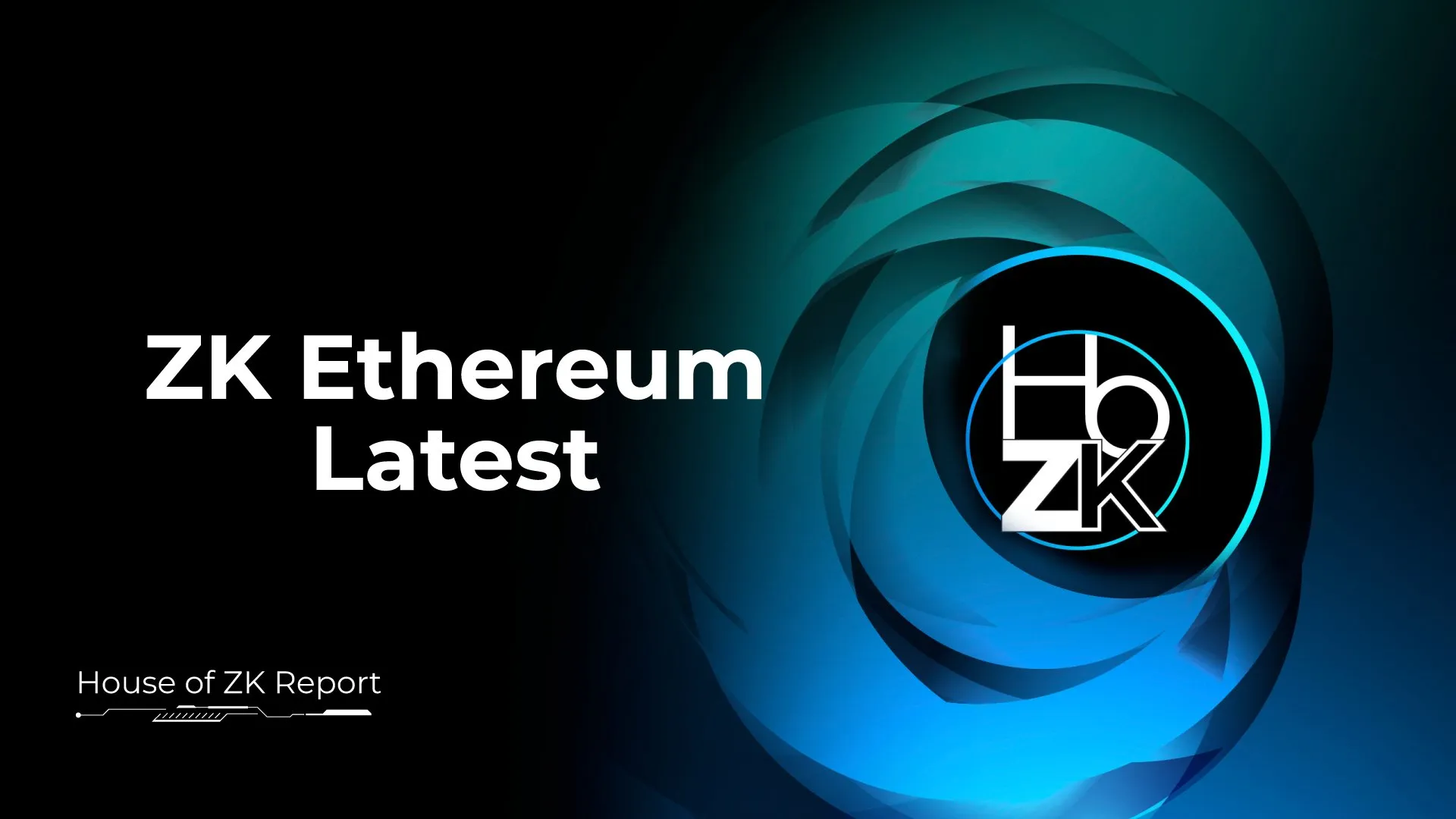
Here we report on the progress of the leading builders in the ZK @ethereum ecosystem, documenting recent significant releases, technical breakthroughs and general updates.
Featuring: @aztecnetwork, @KakarotZkEvm, @malda_xyz, @0xPolygon, @reddio_com, @Scroll_ZKP, @Starknet, @taikoxyz, @HelloTelos, @ZircuitL2, & @zksync.

1/ @aztecnetwork shared a series of articles covering the growing importance of privacy in blockchain technology and the company’s development of a “private world computer”: https://aztec.network/blog/aztec-the-private-world-computer
The first piece explains that true privacy depends on three pillars - transaction, identity, and computation privacy. Aztec’s decentralized network integrates these to enable private smart contracts and compliant on-chain applications, allowing users and institutions to transact and build securely without revealing sensitive data.
2/ A second article explains how Aztec Network connects @Zcash’s private money with a private economy where that money can be used without exposure: https://aztec.network/blog/your-private-money-yearns-for-a-private-economy
Zcash enables secure, shielded storage of value, but lacks a way to use it privately. Aztec introduces private smart contracts that let users invest, trade, and earn yield while maintaining privacy. Their new demo links Zcash and Aztec, allowing private funds to become functional assets.
3/ Finally, in a piece for @Cointelegraph, @TheOtherAmal argued that existing compliance rules force companies to stockpile personal data, increasing the risk of breaches:https://cointelegraph.com/news/compliance-cost-your-privacy
Amal explained how ZKPs and decentralized identity systems allow verification without revealing private information. She believes this approach can replace data collection with computation, helping firms meet regulations while safeguarding privacy and public trust.
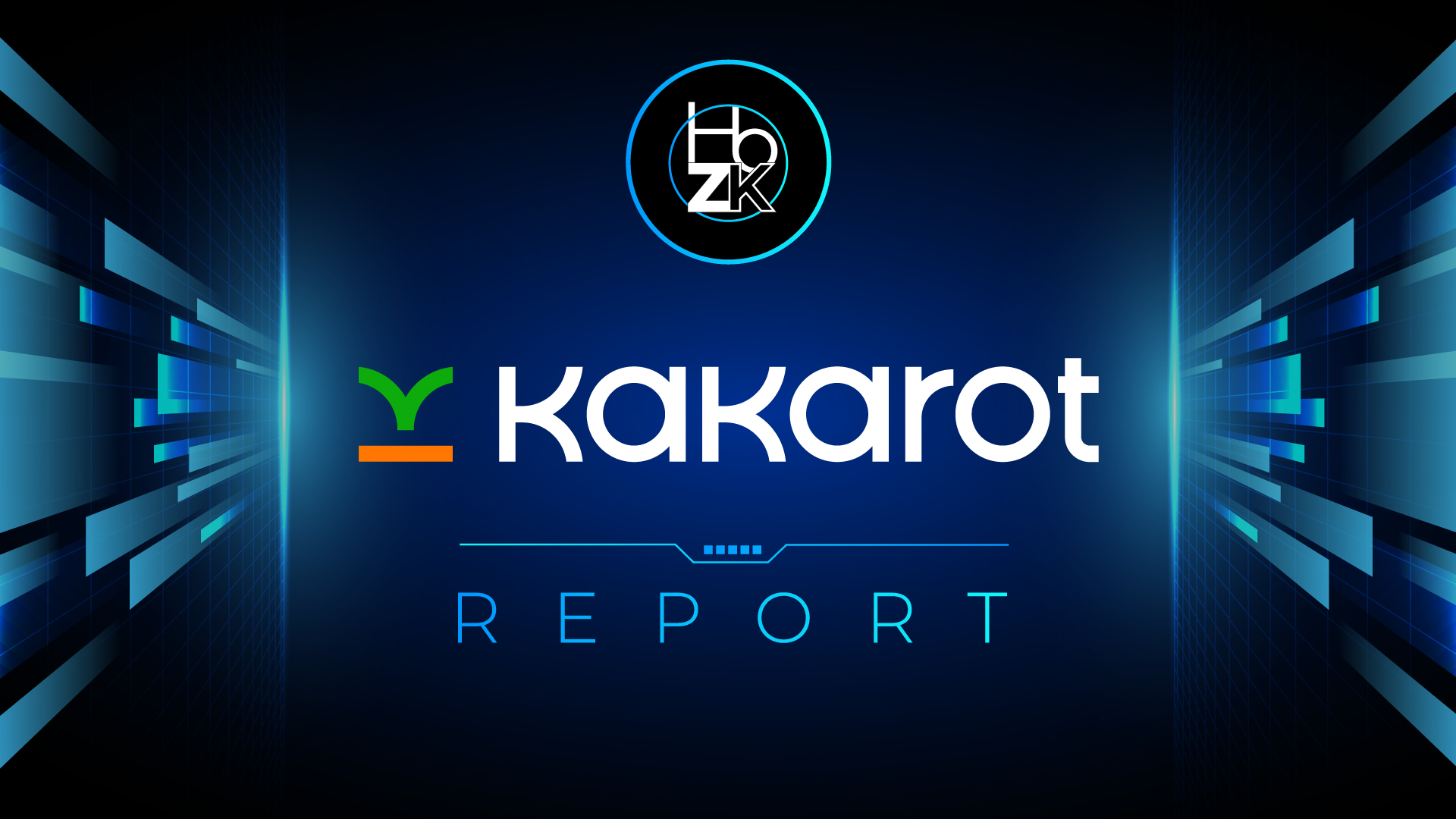
@KakarotZkEvm has launched Cairo M, a zkVM designed for client-side proving on consumer devices: https://hozk.io/journal/cairo-m-a-shift-to-client-side-proving
Built on @StarkWareLtd’s S-Two framework, Cairo M offers major improvements in CPU proving speed and memory efficiency, reportedly achieving up to 10× faster performance than Cairo.
During public testing, over two million proofs were generated across 5,000 devices, showing strong results on newer hardware and stability above 6 GB RAM.
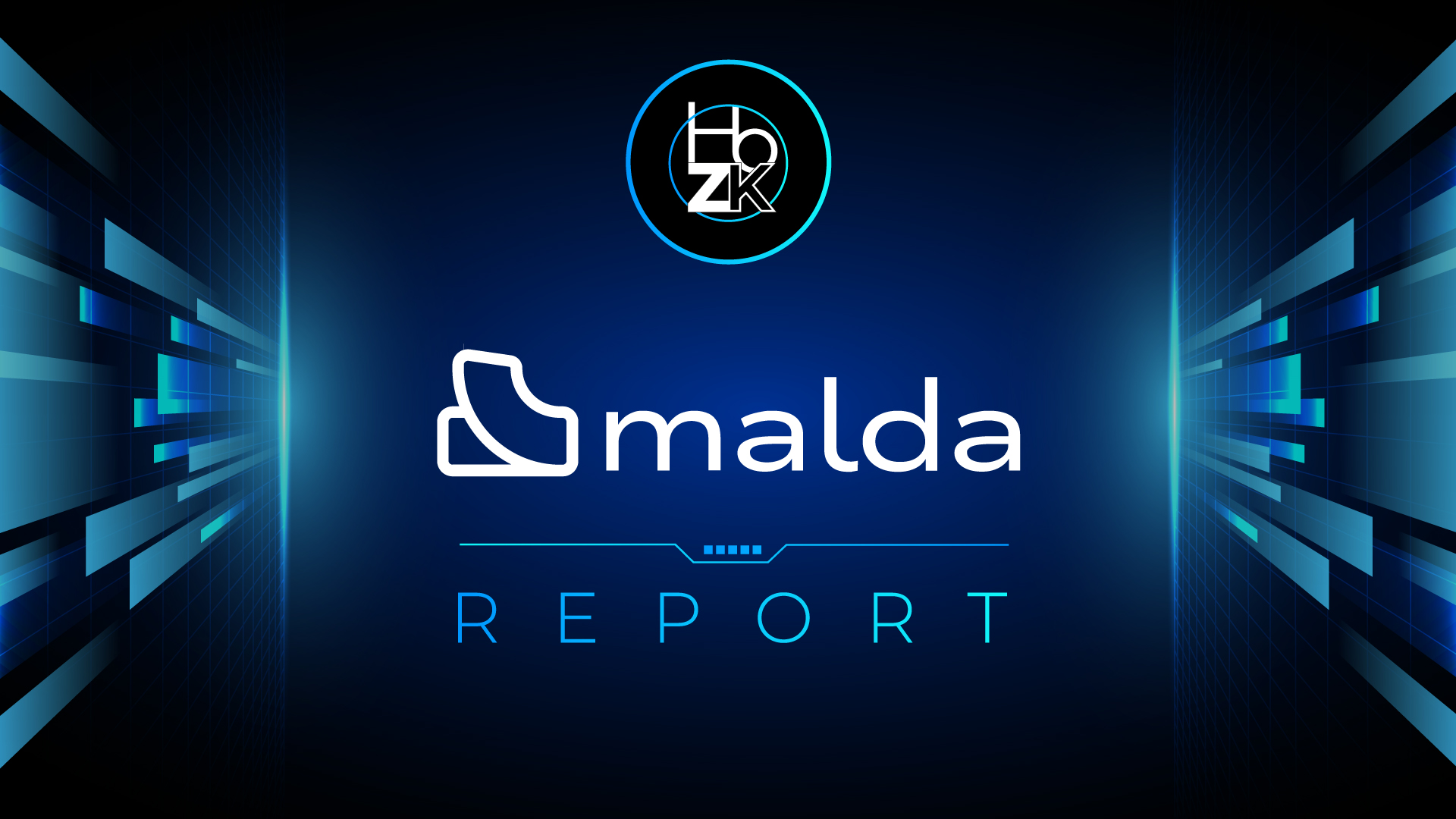
@malda_xyz completed a full security audit by @sherlockdefi, with more than 500 researchers reviewing its @ethereum and L2 lending systems: https://x.com/malda_xyz/status/1975508838229893422
The assessment found one high and sixteen medium-severity issues, all acknowledged and fixed by the team. Identified risks included flaws in rebalancing logic, rounding, and bridge operations. The final review confirmed Malda now meets strong security and performance standards.

Tech
@0xPolygon has launched its Rio hardfork on mainnet, marking its largest payments-focused upgrade: https://polygon.technology/blog/polygon-launches-major-payments-upgrade-with-rio-faster-lighter-and-easier-to-build
The update introduces a new block production model enabling up to 5,000 transactions per second and near-instant finality while removing the risk of chain reorganizations. Rio also adds stateless validation, allowing lightweight, low-cost nodes.
Staking
Polygon’s native POL token can now be staked through @AMINABankGlobal, the first FINMA-regulated institution to offer such services: https://polygon.technology/blog/amina-bank-introduces-regulated-polygon-pol-staking-for-institutions
Partnering with the @0xPolygonFdn, AMINA enables institutional investors to earn 15% yield while meeting Swiss compliance standards.
Partnerships
Polygon and @AlloyX_Limited have introduced the Real Yield Token (RYT), a tokenized money market fund that provides institutional-grade yield through DeFi: https://polygon.technology/blog/alloyx-launches-tokenized-money-market-fund-real-yield-token-ryt-on-polygon
Custodied by Standard Chartered Bank, RYT enables compliant yield generation with daily T+1 settlement and onchain transparency.
The project has also partnered with @Immutable to create “Gaming on Polygon”, a dedicated hub inside Immutable Play that brings several web3 games together: https://polygon.technology/blog/immutable-teams-up-with-polygon-labs-to-launch-dedicated-gaming-hub-with-agglayer-connection-coming-soon
The platform offers quests, leaderboards, and a $100,000 reward pool to engage players. With Immutable’s zkEVM soon connecting to @Agglayer, users will gain cross-chain access and smoother digital ownership across multiple gaming ecosystems.
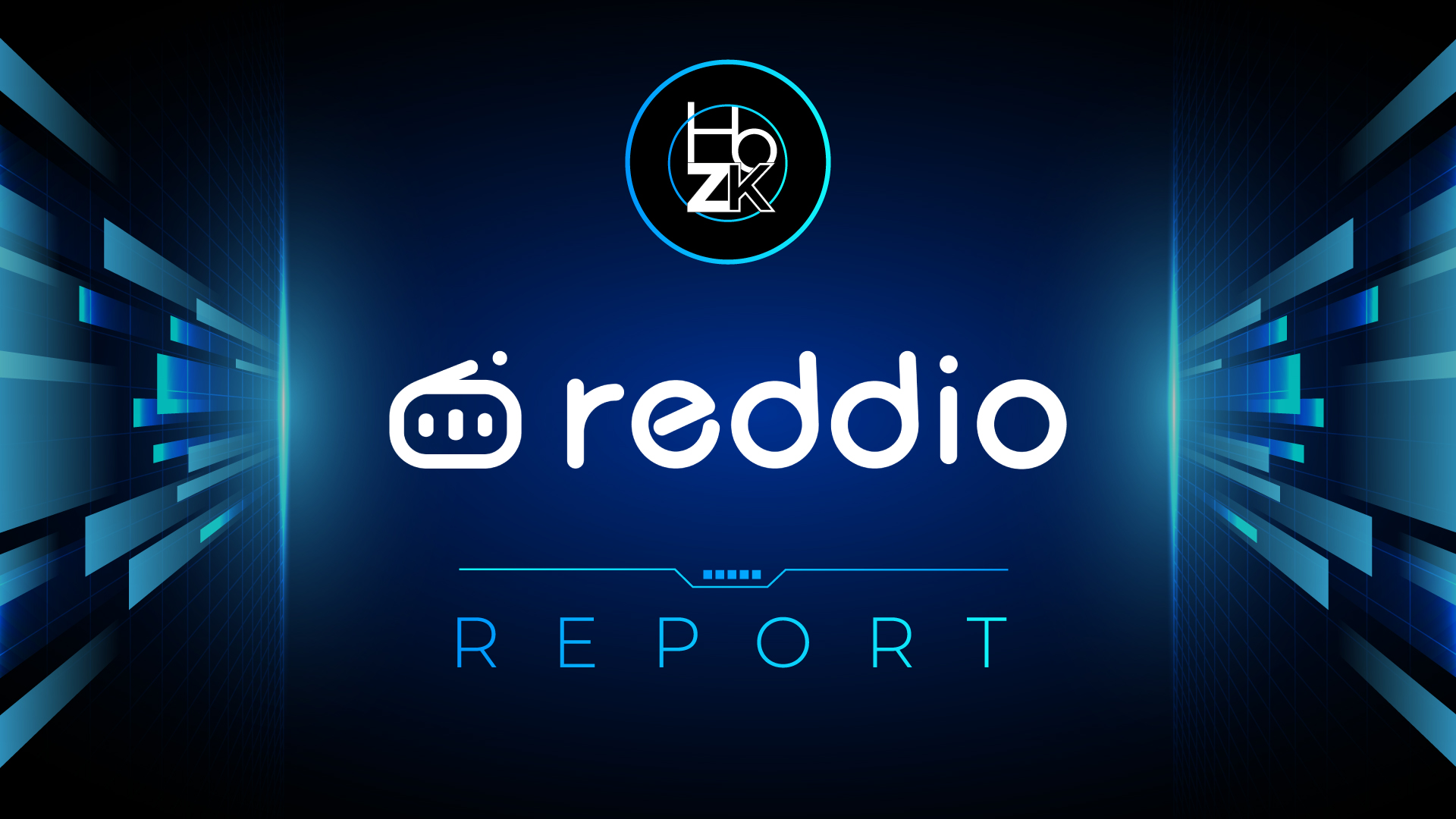
@reddio_com has launched the alpha version of Reddio Pay, a new platform enabling instant payments in USDC and USDT: https://x.com/reddio_com/status/1973023638296441262
Designed with AI integration and real-time API support, it aims to simplify digital transactions for developers and businesses.
Early testers are invited to try the service and offer feedback to help improve the product.

@Scroll_ZKP has introduced @usxcapital, a fully collateralized stablecoin built to connect traditional and decentralized finance: https://scroll.io/blog/usx-pre-deposits
Backed 1:1 by USDC, USX enables yield generation of about 10–15% annually through staked tokens. The project incorporates privacy via Scroll’s Cloak technology and plans to offer gasless transactions.
Payment integrations are expected in early 2026 as part of Scroll’s growing financial ecosystem.
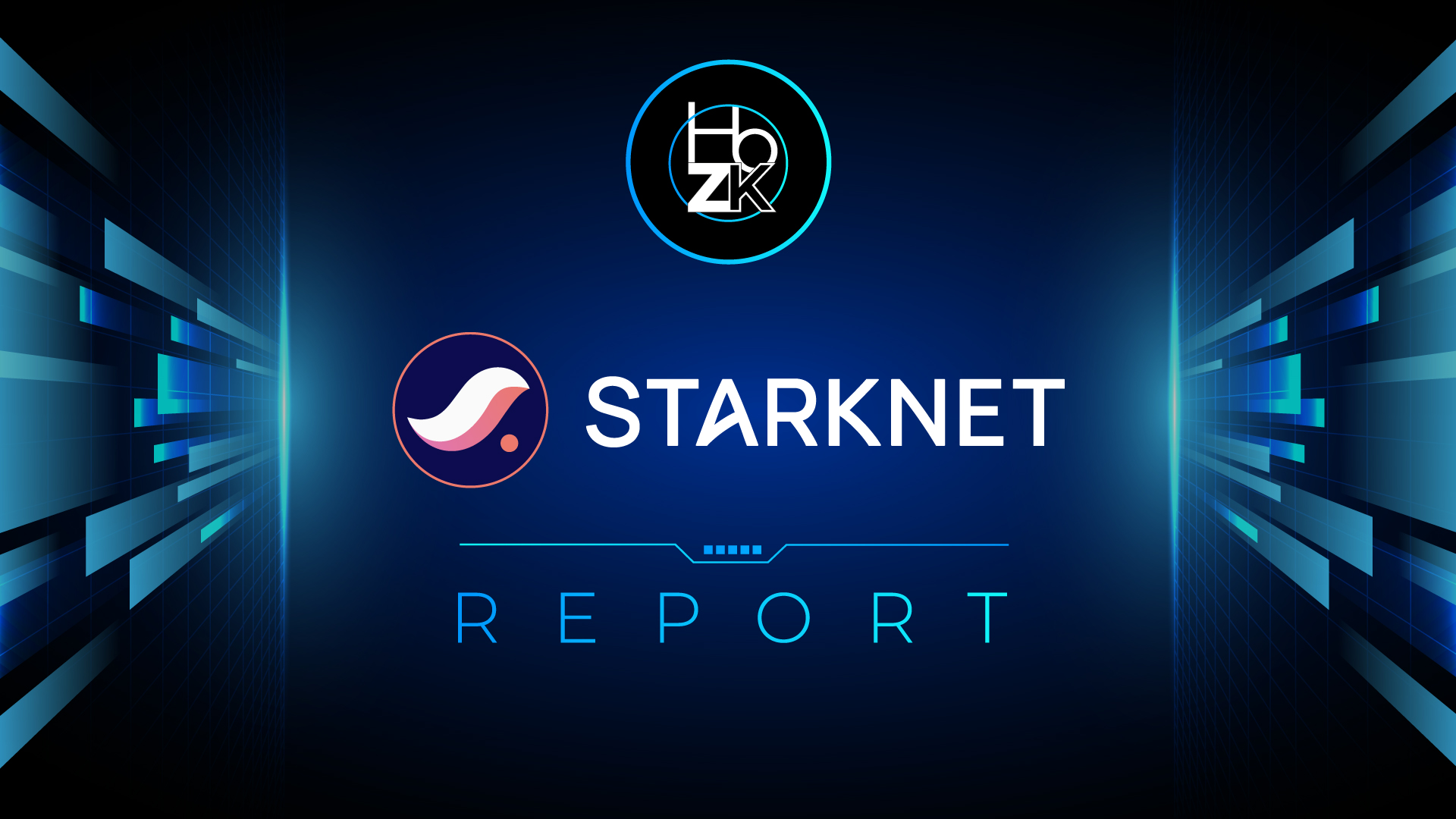
Yield Aggregation
@Starknet has announced the full launch of @ForgeYields on its Mainnet: https://x.com/Starknet/status/1971236998888423720
The platform serves as a non-custodial cross-chain yield aggregator for @ethereum and zkRollups, offering access to returns on ETH, BTC, and USDC in one click.
With audited contracts, automated rebalancing, and @hyperlane integration, it aims to streamline yield generation across multiple networks.
@Re7Capital also launched its Automatic Liquidity Market Maker (ALMM) on Starknet, offering a fully automated solution for managing liquidity in @EkuboProtocol pools. The ALMM monitors APRs and rebalances positions in real time, removing the need for users to manually adjust strategies: https://starknet.io/blog/introducing-the-re7-yield-aggregator-on-starknet/
Gaming
Lastly, the project features the launch of @_BlockRooms, the first fully on-chain first-person shooter now live on its mainnet: https://x.com/Starknet/status/1975518093268164697
Developed with support from @StarkWareLtd and @cartridge_gg, the browser-based game offers smooth, web2-like gameplay where players explore 3D maps, battle opponents, and collect shards.
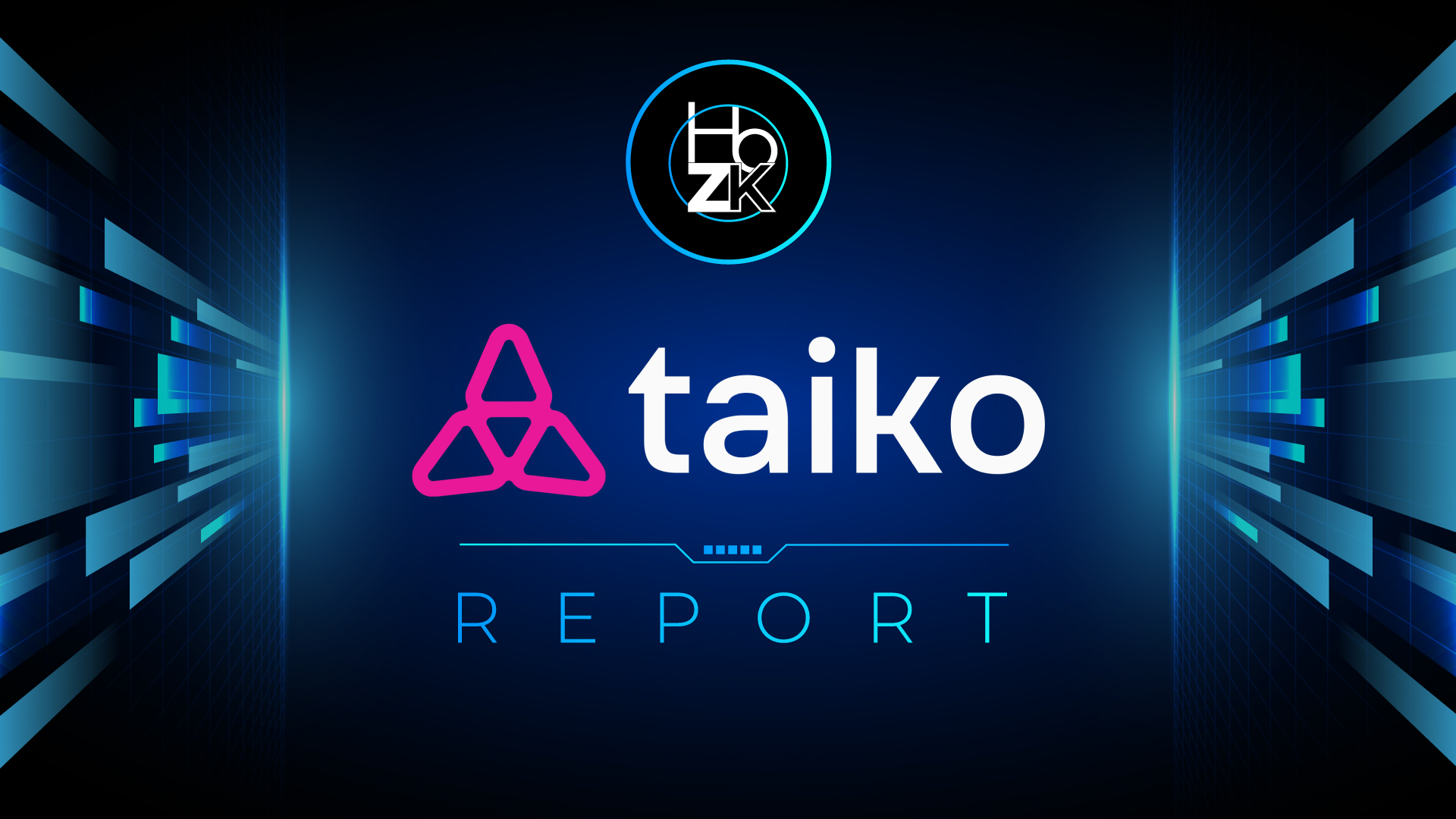
Testnet
@taikoxyz has introduced a new testnet, Taiko Hoodi, as the main testing environment for the Taiko ecosystem, replacing the previous Taiko Hekla network: https://taiko.mirror.xyz/bmdcp5YfzInHvZonNp7WmVmiMqIJOCtVkmHdC8aANP0
Hekla played a key role in supporting developers during earlier stages, but with Taiko’s continued expansion and new protocol features, Hoodi now provides a more advanced and scalable infrastructure for future development and testing across the ecosystem.
Appointments
Taiko DAO has appointed three board directors and an advisor as its on-chain governance goes live, separating community decision-making from Taiko Labs’ operations: https://taiko.mirror.xyz/IL5RRPbR86dXJV5mjIHnPiXMFgArX6XeZDg0dVdDN5U
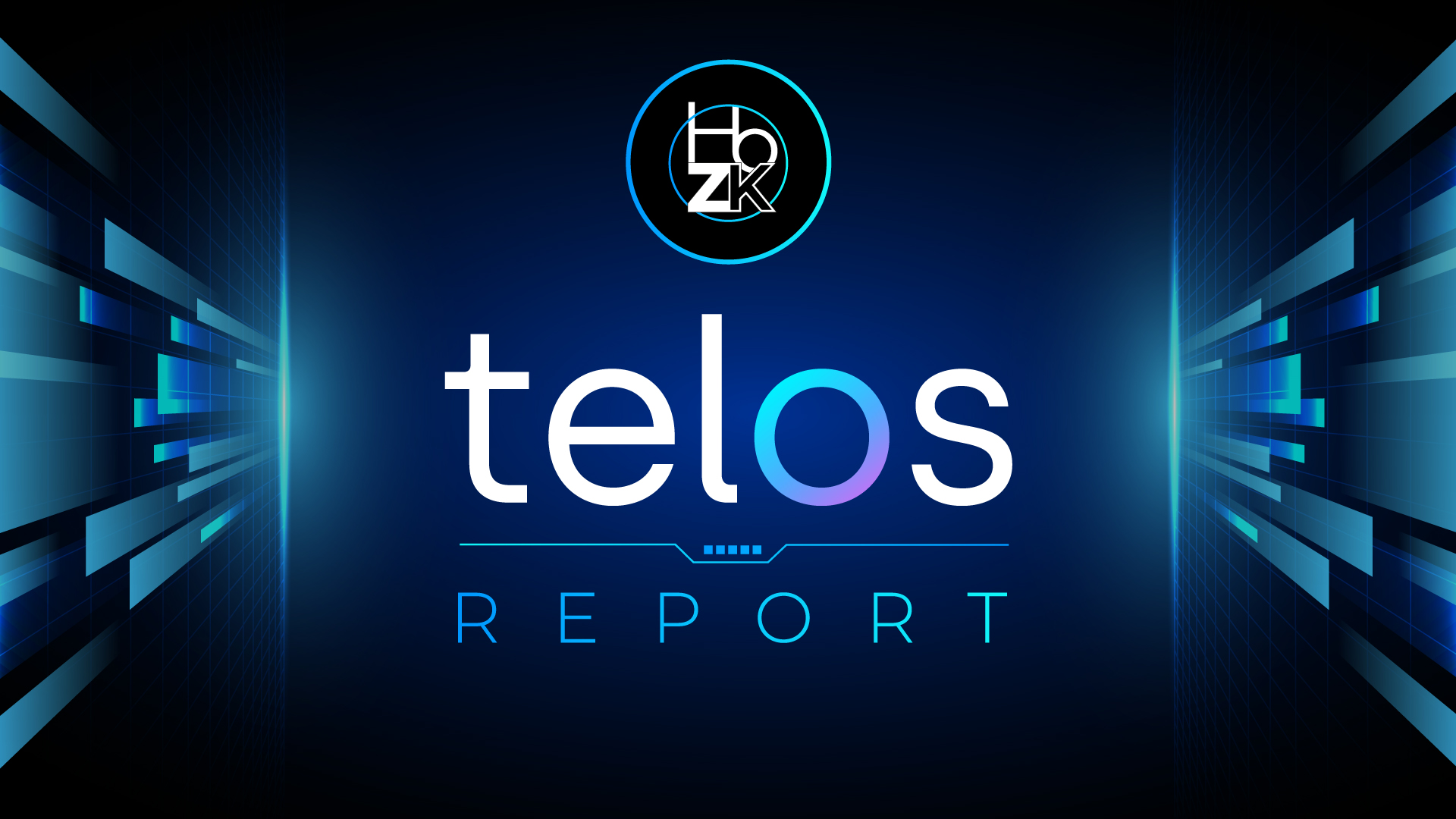
@HelloTelos has unveiled a detailed roadmap for its Privacy Layer, aimed at embedding ZK privacy directly into wallets and the Telos EVM: https://telos.net/post/inside-the-telos-privacy-layer-roadmap-infrastructure-and-scaling-path
The plan includes zkSNARK contract adaptation, a public ceremony for verification keys, and integration with Subsquid indexing and broadcaster services.
The MVP launch is targeted for late 2025, with mobile wallets, scaling via SNARKtor, and enterprise privacy features planned in 2026.
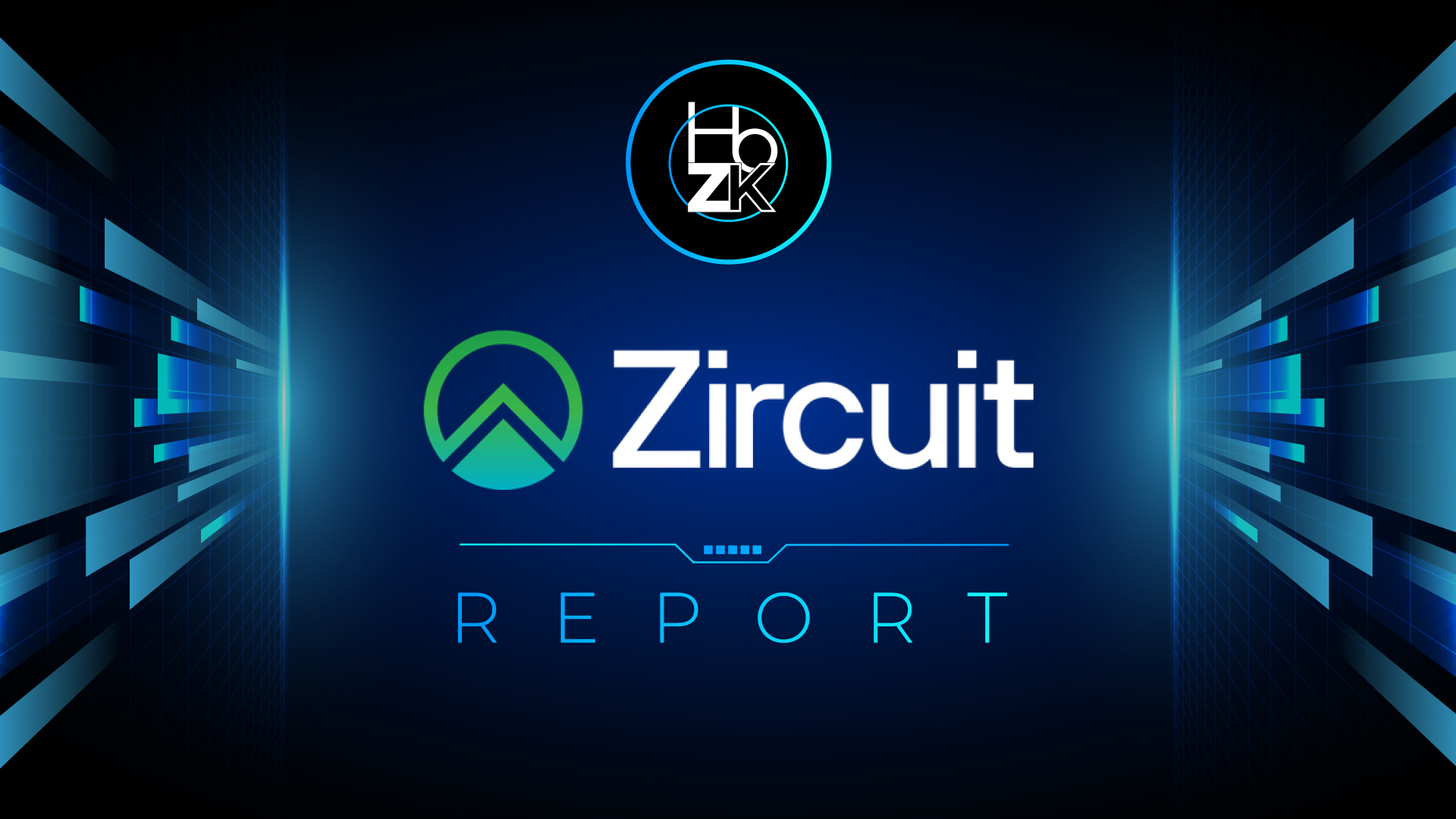
Publications
@ZircuitL2 shared an article explaining its mission to power the potential of web3 through a next-generation L2 network for @ethereum: https://zircuit.com/blog/powering-the-limitless-potential-of-web3
The platform combines ZKPs with full EVM compatibility to enhance scalability, security, and cost-efficiency. Its two-phase zkVM system improves proof generation, while Sequencer-Level Security uses AI to detect and block malicious transactions, ensuring safer, faster, and more affordable decentralized applications.
Media
In a recent episode of @HouseofZK Radio, @jgorzny, Co-founder of Zircuit, joined @alicelingl to discuss sequencer-level security using AI to quarantine malicious transactions, the migration from Halo2 to zkVM with @SuccinctLabs’ SP1 via @SindriLabs, the operational demands of running provers, and Zircuit’s approach to balancing decentralization with accountability in Rollup development: https://x.com/HouseofZK/status/1973293999629770928

Atlas Upgrade
@zksync has launched the Atlas upgrade for its ZK Stack, introducing a high-performance sequencer that processes over 15,000 transactions per second and enables one-second finality through Airbender, its RISC-V proof system: https://zksync.mirror.xyz/XrlYJN9SUbOtRn9nyqrfPyaAqot--PlUcnSRK_OF1Bs
The upgrade offers full EVM equivalence, reduced latency, and transaction costs near $0.0001. Designed to connect public and private chains, Atlas supports a vision of interoperable, cryptographically secure networks for institutions, payments, and real-world asset tokenization anchored to @ethereum.
Solx Update
@solx_compiler released v0.1.2 focusing on reducing contract binary size to lower deployment costs and fit within Ethereum’s 24 kB limit: https://zksync.mirror.xyz/rt7yjujPtQ5XplC3Lf4VcBTI2vV1ztE1YHw8uZ5D6cA
The update delivers smaller binaries without affecting gas efficiency or compile time, improves code quality by removing unused storage and optimizing jumps, enhances integration with Hardhat v3, and remains in beta but stable enough for non-critical production use.